Chinese President Xi Jinping has called his Russian counterpart, Vladimir Putin, an “old friend”, but a recent study has pointed to traits that their so-called friendship does not amount to concessions in business dealings.
A report by the Bank of Finland Institute for Emerging Economies (BOFIT) shows that China has raised prices on critical goods, especially on defence-related items that have a huge buyer base in Russia.
Prices for export-controlled Chinese goods sent to Russia, many of them dual-use components essential to its defence sector, increased by an average of 87 per cent between 2021 and 2024, compared with just 9 per cent for similar items exported to other destinations.
A senior Western sanctions official told the Financial Times that the hike in prices affects Moscow’s ability to get access to sensitive technology despite bypassing some sanctions.
‘China doesn’t behave like an ally’
Although bilateral trade climbed from $146.9 billion in 2021 to a record $254 billion in 2024, BOFIT noted that much of this growth was driven by higher prices rather than increased volumes.
For example, imports of Chinese ball bearings rose 76 per cent in dollar terms but declined 13 per cent in physical units.
The study also found that Turkey has sharply raised prices on sanctioned goods bound for Russia, charging Russian buyers 25–55 per cent more than customers in other markets.
Quick Reads
View All“China does not behave like an ally. Sometimes it lets us down and stops payments, sometimes it takes advantage, sometimes it’s outright robbery, there is nothing allied about it,” a Russian government source told Reuters.
‘An old friend’
In September, Xi welcomed Putin to China during his official visit to the country, calling him an “old friend”, as the Russian president said their countries’ ties were at an “unprecedented level”.
China maintains that it is neutral in the Ukraine war, yet it has given Russia an economic lifeline by sustaining trade despite Western sanctions. Several Chinese companies have also been accused of supporting Russia’s military industry.


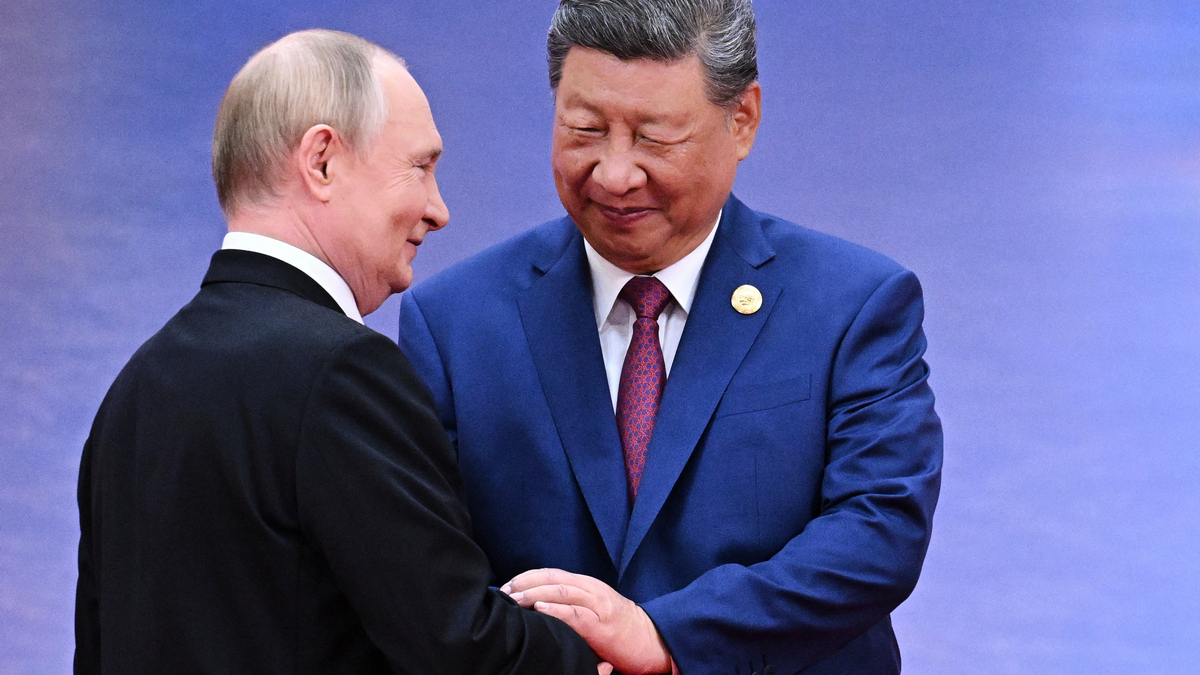)
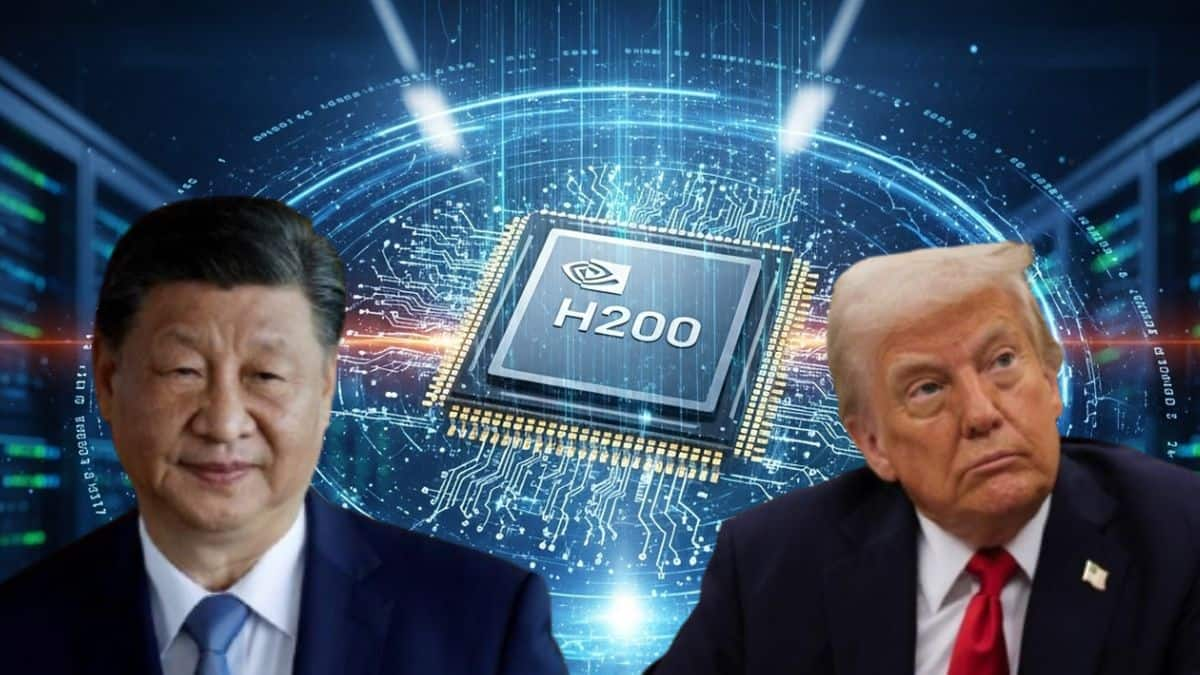
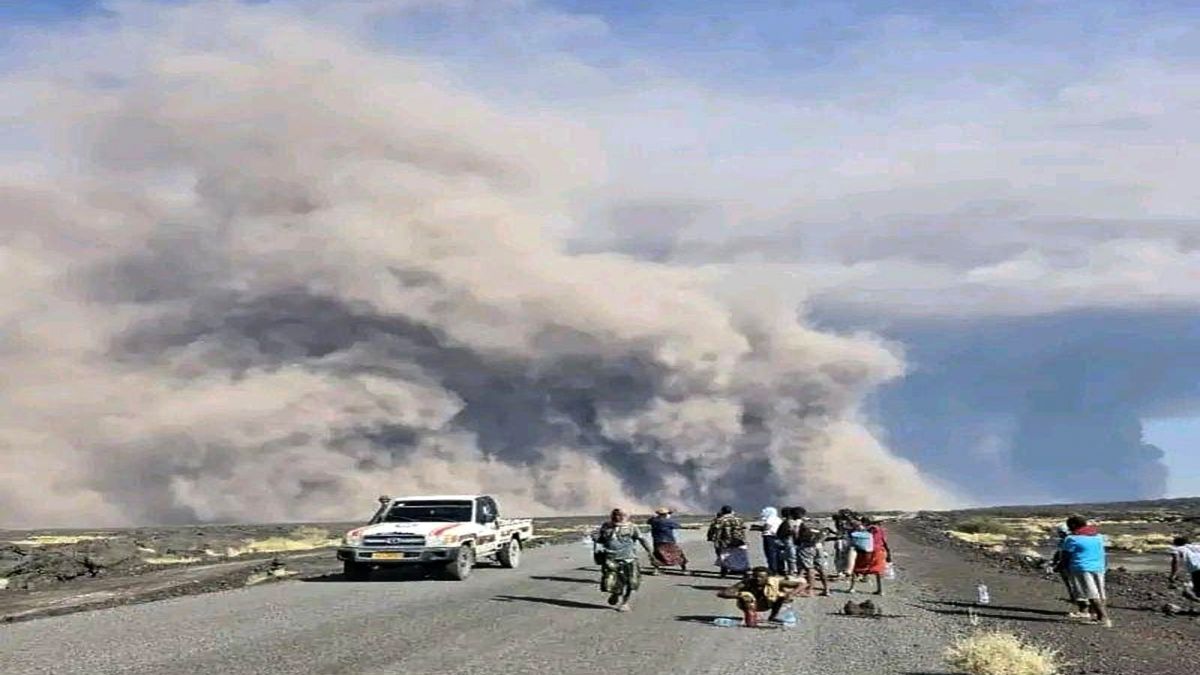)
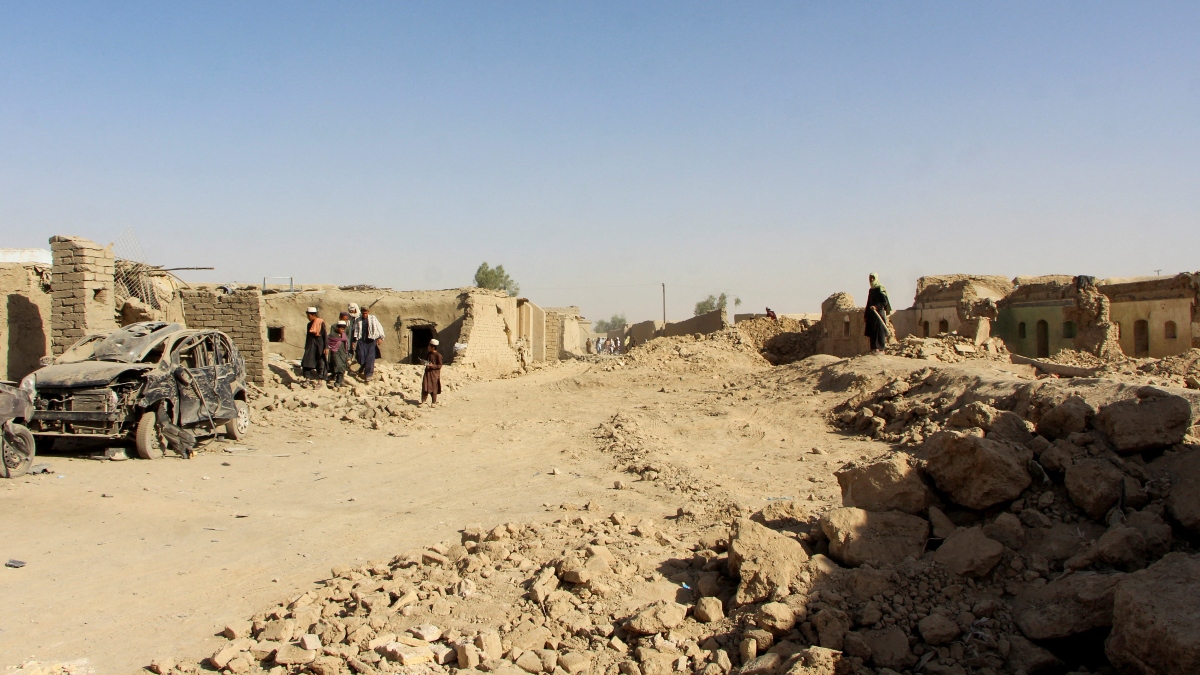)
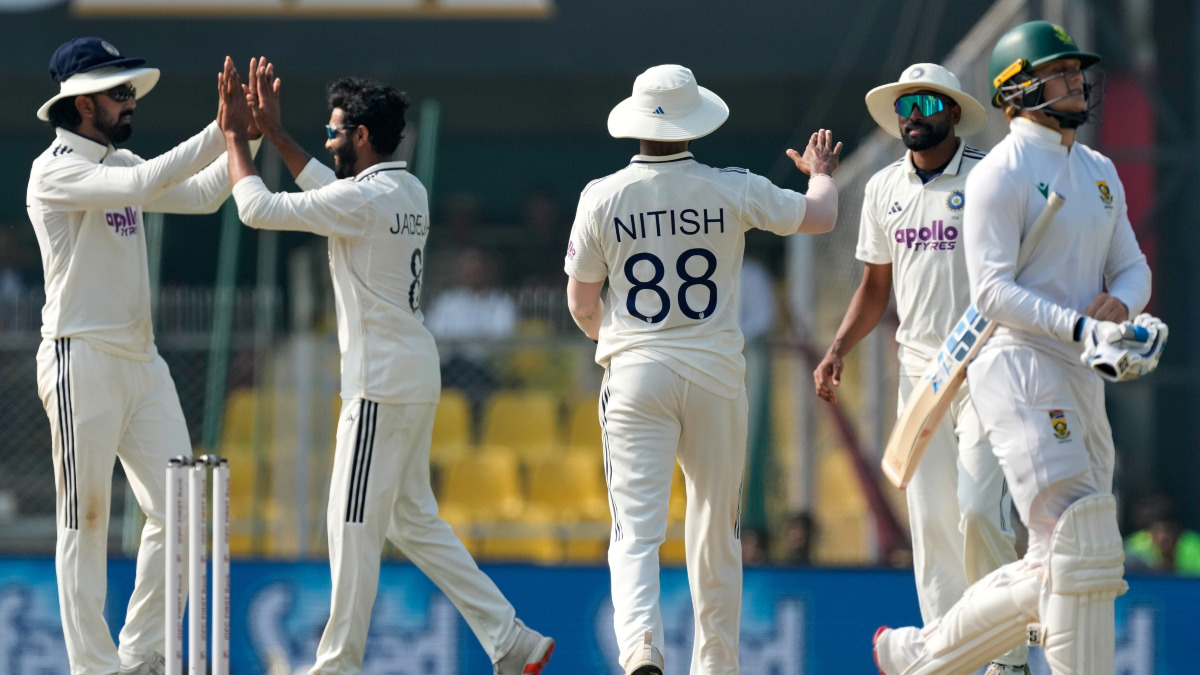)
)
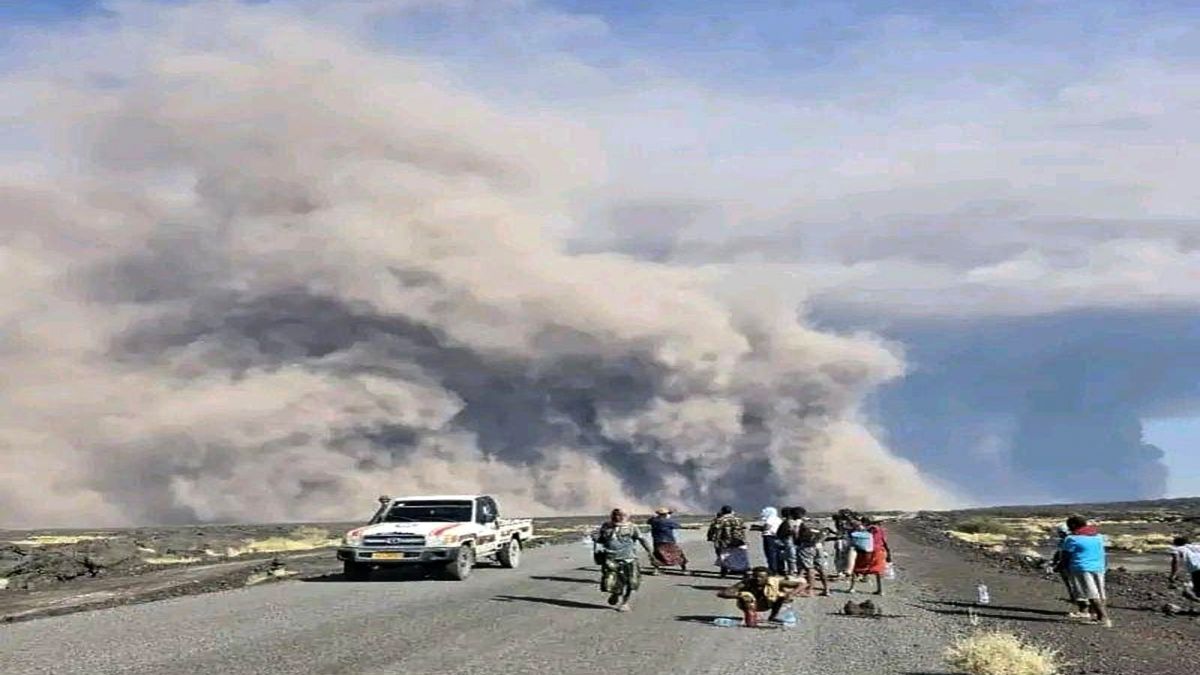)
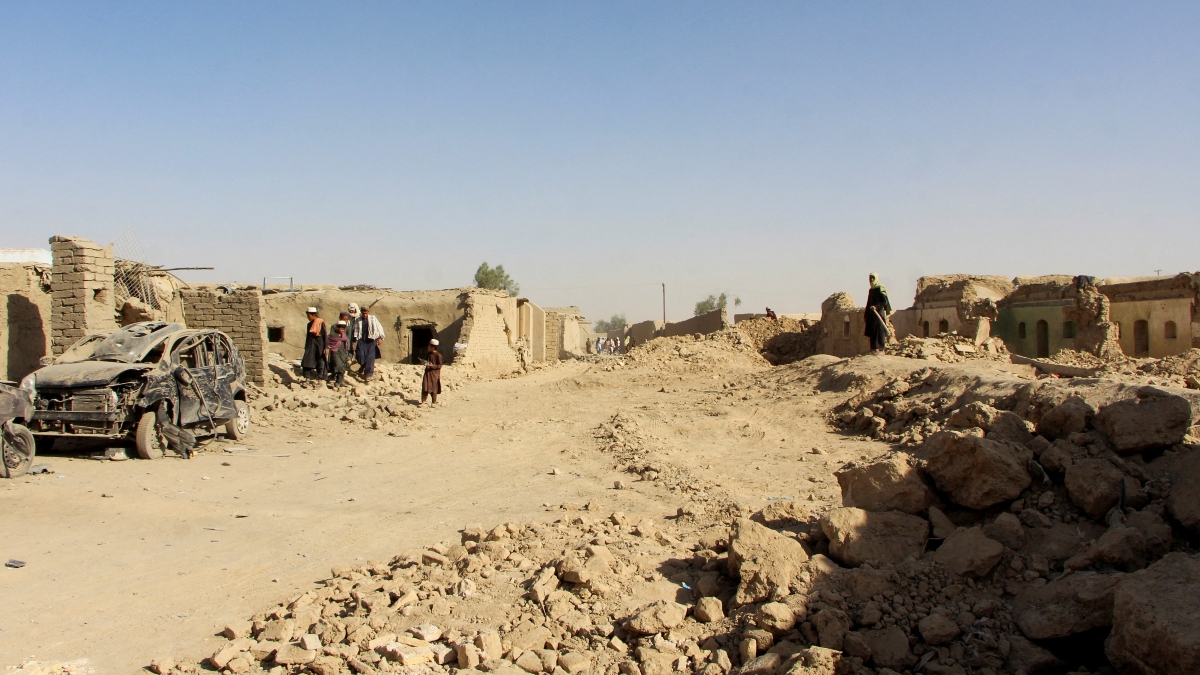)
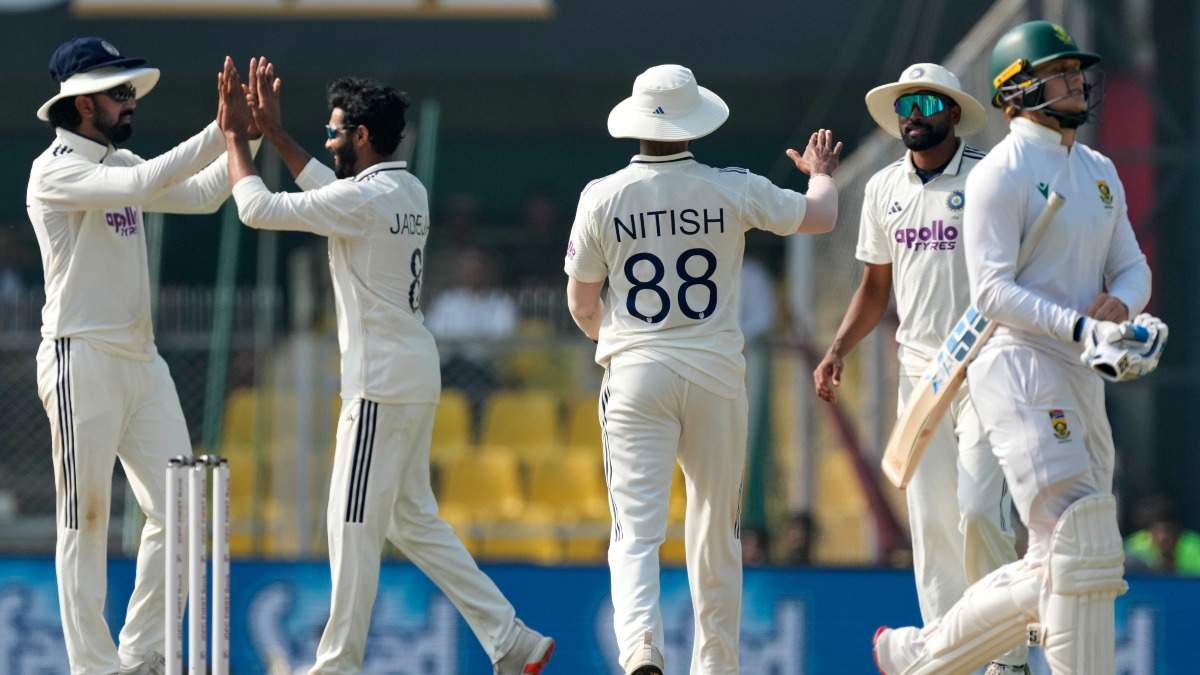)
)



